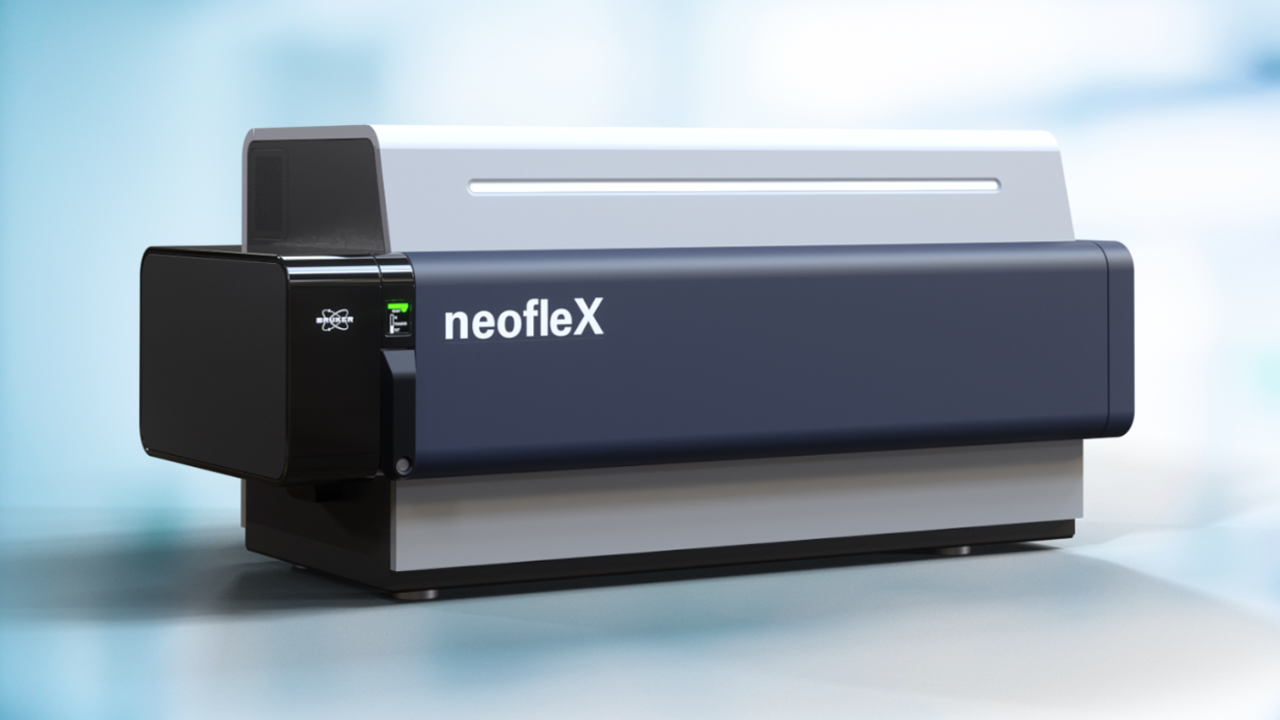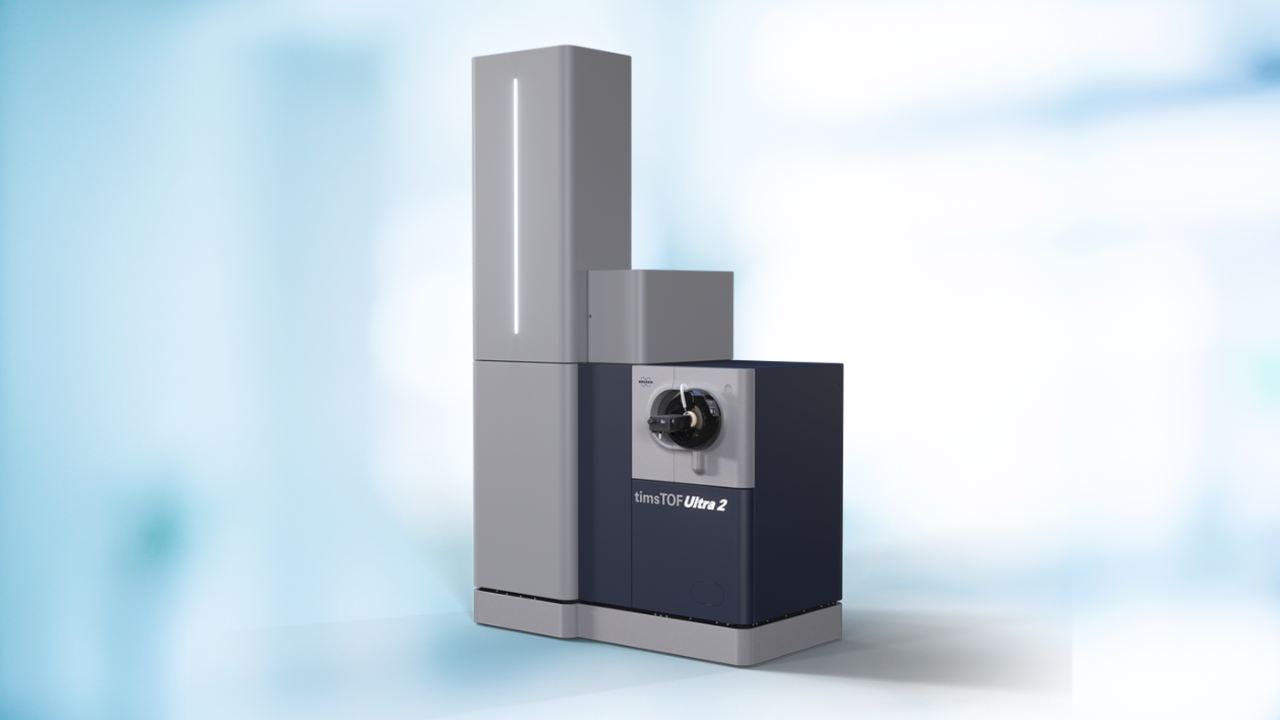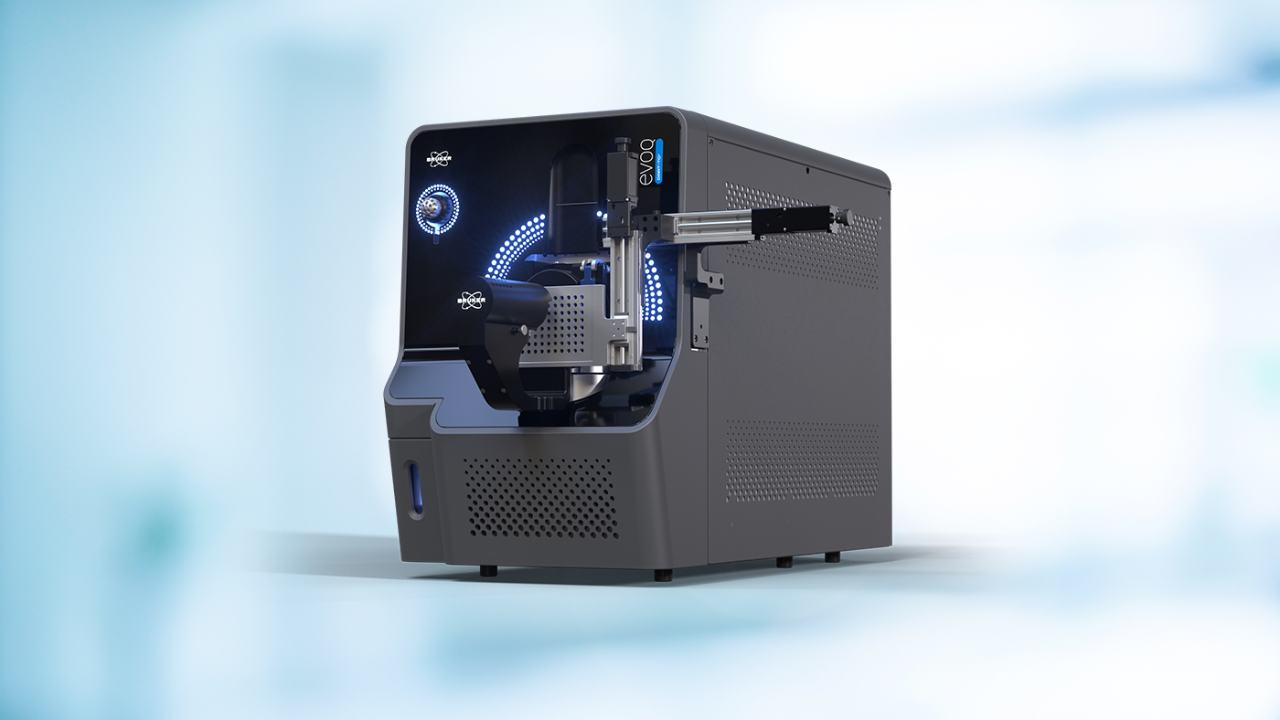

IMSC 2024
Bruker at IMSC 2024
Join Bruker at IMSC 2024 on August 17 - 23 in Melbourne, Australia and attend one of our Lunch Seminars or Lab Innovation Talks. Come and visit our booth A in the Melbourne Convention and Exhibition Centre and talk to our specialists about the newest advancements in mass spectrometry.
Bruker Lunch Seminar 1
Monday, August 19, 2024, 12:00 - 13:00 AEST
Ultrahigh-speed proteomics with highly robust LC/MS allows for 5000 sequential analyses per week
Prof. Dr. Yasushi Ishihama, Department of Molecular and Cellular BioAnalysis Graduate School of Pharmaceutical Science Kyoto University, Kyoto, Japan
Abstract:
Understanding proteins and protein complexes as molecules responsible for biological functions is an essential step in understanding biological homeostasis and the diseases that result from its disruption. We have focused on accelerating the LC/MS/MS-based proteome sequencing technology in about 1 minute. By optimizing various parameters using capillary-LC/timsTOF, we have succeeded in achieving the protein identification number of >3000 from 100 ng of HeLa lysates in 1000 samples per day. In this talk, I will introduce our practical and robust high-speed proteome sequencer and report on applications that take advantage of its ultra-high speed.
The power of LC-MS based glycomics for phyloglycomics: Understanding Vertebrate evolution from a glycome perspective
Prof. Dr. Daniel Kolarich, Associate Professor, ACRF International Centre for Cancer, Brisbane, Queensland, Australia
Abstract:
Mass spectrometry has become a core technology to understand the glycome. To understand the evolutionary relationship of glycosylation across species, glycosylation diversity must be captured on the glycan level. We employed the porous graphitized carbon LC-ESI MS/MS glycomics strategy using a Bruker amaZon speed ion trap to perform the first systematic Phyloglycomics study characterising and systematically comparing serum glycome traits from 70 different species of the vertebrate subphylum and found the glycome appears to undergo a parallel evolution distinctly different from the gene-level evolution as phylogenetically distant species were found to be closely related on a phyloglycome level.
Speaker:
Prof. Dr. Yasushi Ishihama
Graduate School of Pharmaceutical Science Kyoto University, Japan
Prof. Dr. Daniel Kolarich
Associate Professor, ACRF International Centre for Cancer, Brisbane, Queensland, Australia
Bruker Lunch Seminar 2
Tuesday, August 20, 2024, 12:00 - 13:00 AEST
Decoding disease landscapes: Addressing challenges in developing spatial multi-omics strategies
Dr. Esther Cheow, Associate Principal Scientist, MSD Singapore, Singapore
Abstract:
“In this work, we used sequential multi-omics MALDI Imaging to study idiopathic pulmonary fibrosis (IPF) by analyzing and integrating information from untargeted metabolites/lipids and targeted proteins within a single tissue section. Our multi-omics analysis detected increased expression of lysophosphatidic and arachidonic acid signaling dysregulation of inflammatory mediators, which is co-localized with the spatial distribution of CD68 macrophages. This suggests a potential link between these inflammatory mediators and macrophage activity, revealing potential pathway interactions critical for understanding IPF progression.
We also utilized laser capture microdissection (LCM) to isolate fibrotic regions. MALDI-IHC targeting α-SMA identified fibrotic regions, which were verified by pentachrome staining. The dissected regions were used for proteomic characterization via LC-MS/MS. Preliminary data reveal dysregulation of key pathways associated with IPF pathogenesis, showing an upregulated TGF-β signaling consistent with its known role in extracellular matrix (ECM) remodeling.
By simultaneously visualizing and analyzing the spatial distribution of metabolites, lipids, and proteins, we have identified novel co-localization patterns and inter-omic relationships. Our methods have revealed the underlying molecular pathways driving IPF progression, leading to the development of more targeted therapeutic strategies.”
Advanced multi-platform approach for the structural elucidation of novel endogenous metabolites
Dr. Nicola Gray Whiley, Senior Lecturer in Phenomics - Diabetes and Obesity, Australian National Phenome Centre, Murdoch University, Murdoch, Western Australia, Australia
Abstract:
Metabolite identification is a crucial step in metabolite phenotyping, facilitating the characterisation of biochemical processes involved in health and disease. A multilevel analytical approach was employed to elucidate the molecular structures of a novel family of endogenous cytosine metabolites with potential antiviral activities. Bruker’s suite of advanced mass spectrometric techniques support efficient and precise elucidation, as demonstrated by the discovery of nucleoside analogues in human urine and serum in response to viral infection with potential as diagnostic markers.
Speaker:
Dr. Esther Cheow
Associate Principal Scientist, MSD Singapore, Singapore
Dr. Nicola Gray Whiley
Senior Lecturer in Phenomics - Diabetes and Obesity, Australian National Phenome Centre, Murdoch University, Murdoch, Western Australia, Australia
Lab Innovation Talks
August 21, 14:15 - 14:30: EVOQ DART TQ+: “Chrom-Free” High Throughput Quantitation. Increase Simplicity, Robustness and Sustainability, while lowering your mass spec analysis costs
Jeff Zonderman, Senior Vice President, Bruker, Westwood, MA, USA
August 22, 14:15 - 14:30: Introducing Bruker’s Novel MALDI-TOF Platform for IHC Solutions and General-Purpose Applications
Wen Donq Looi, Ph.D., Application Specialist, Bruker, Singapore
For Research Use Only. Not for use in clinical diagnostic procedures.





